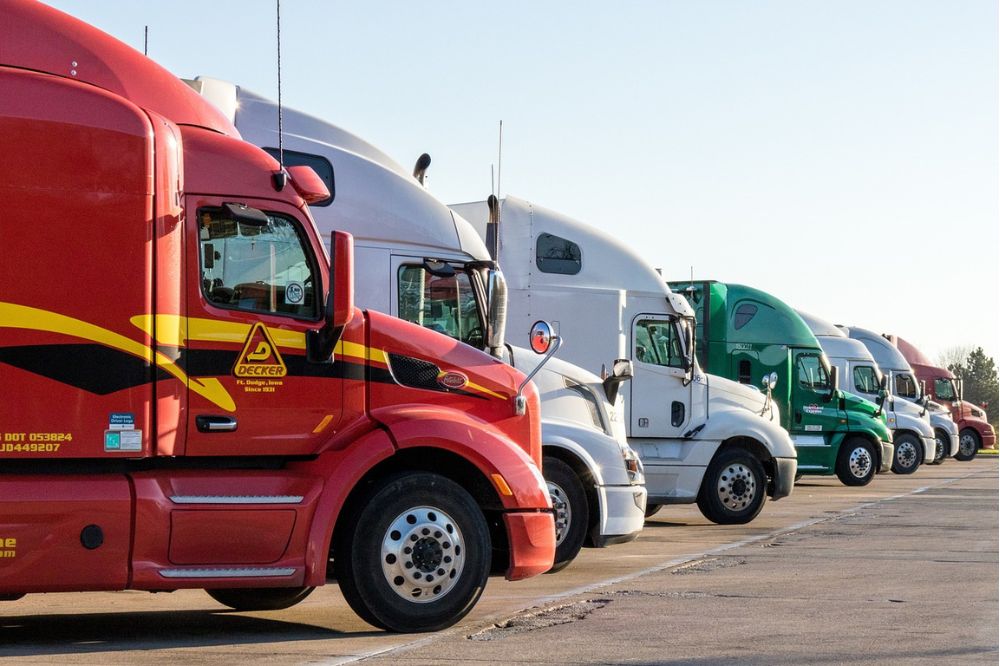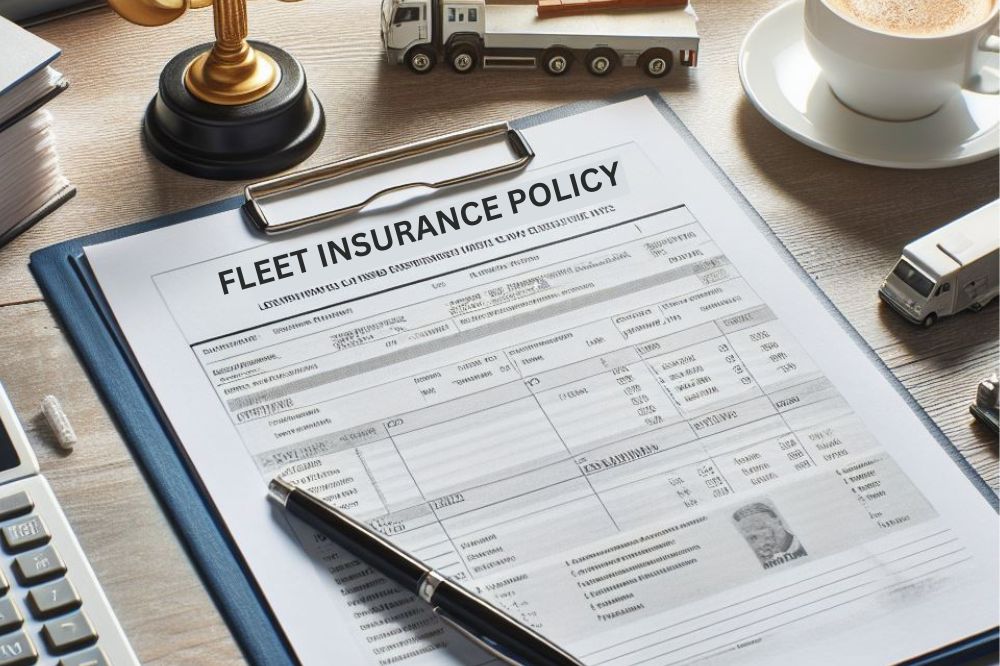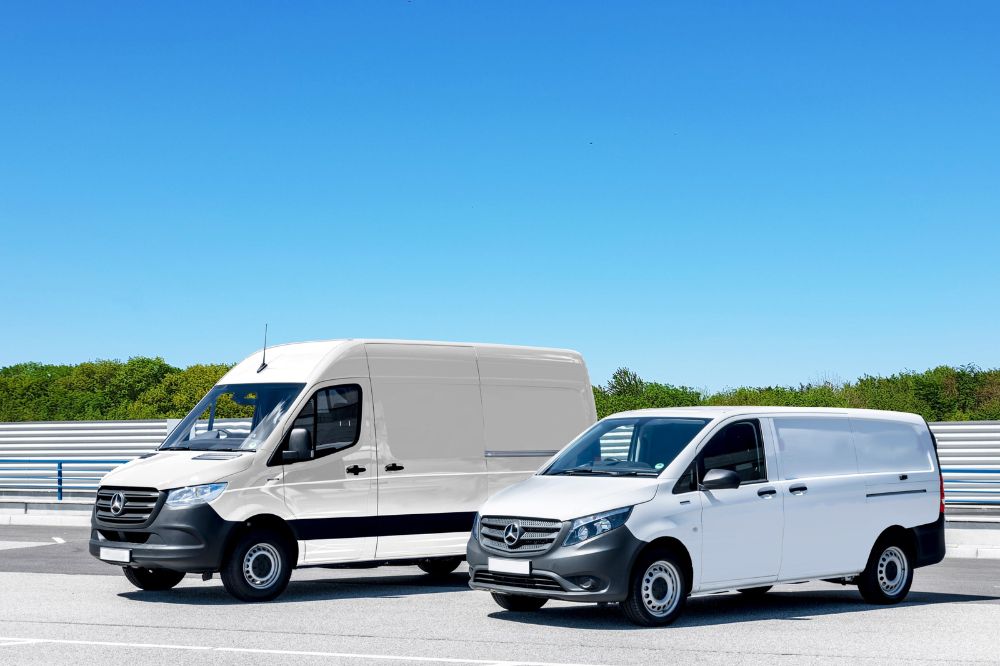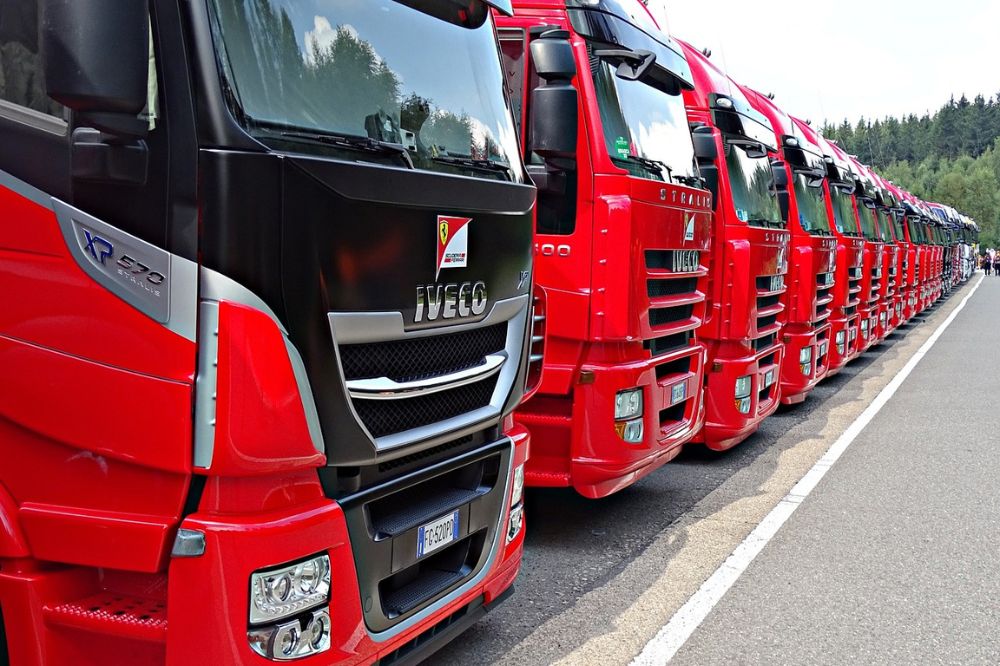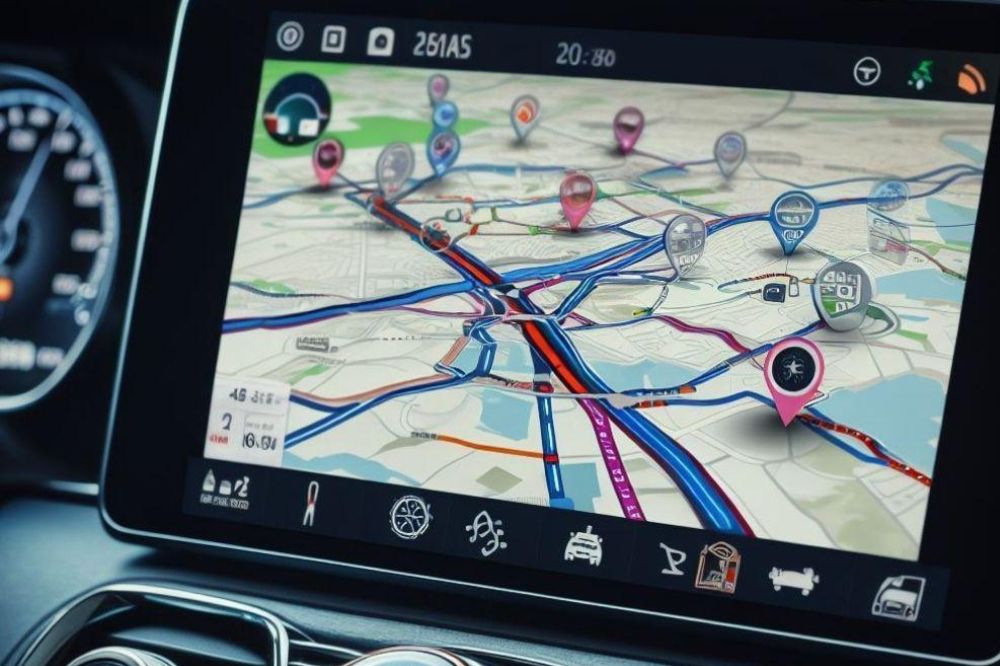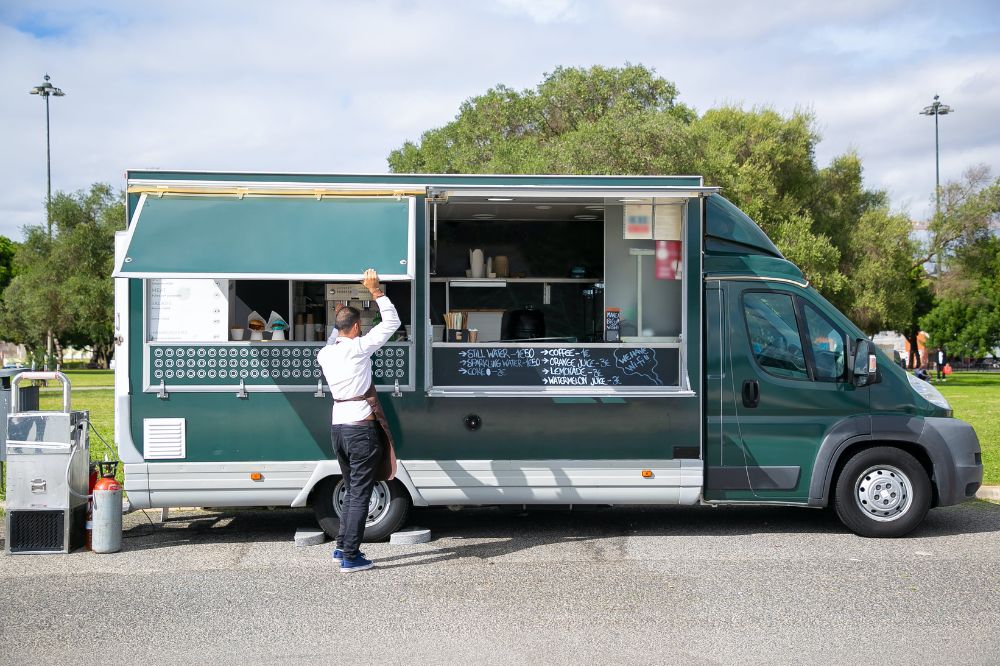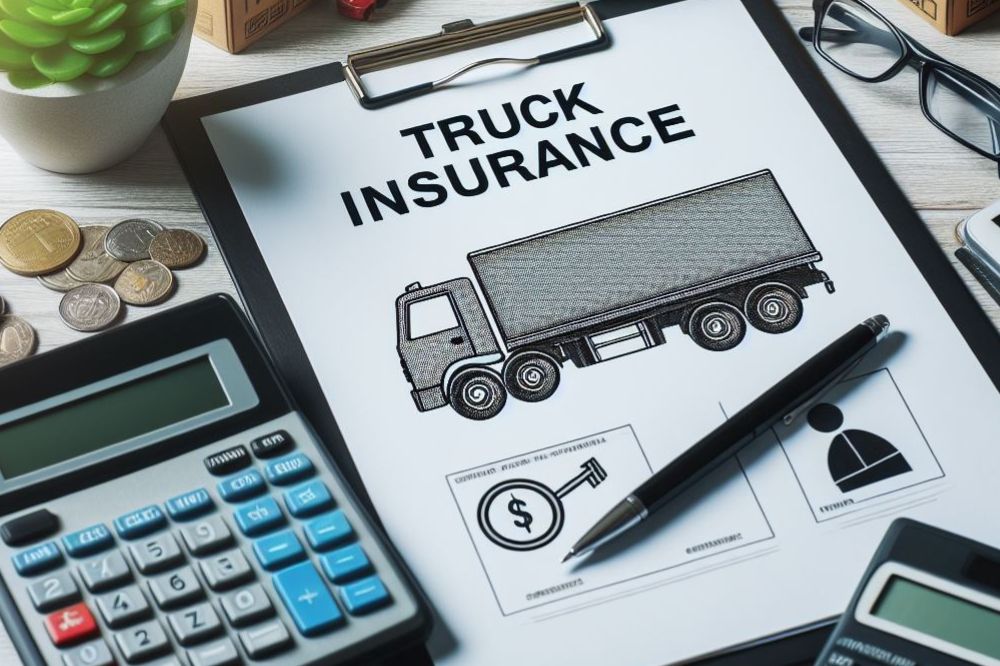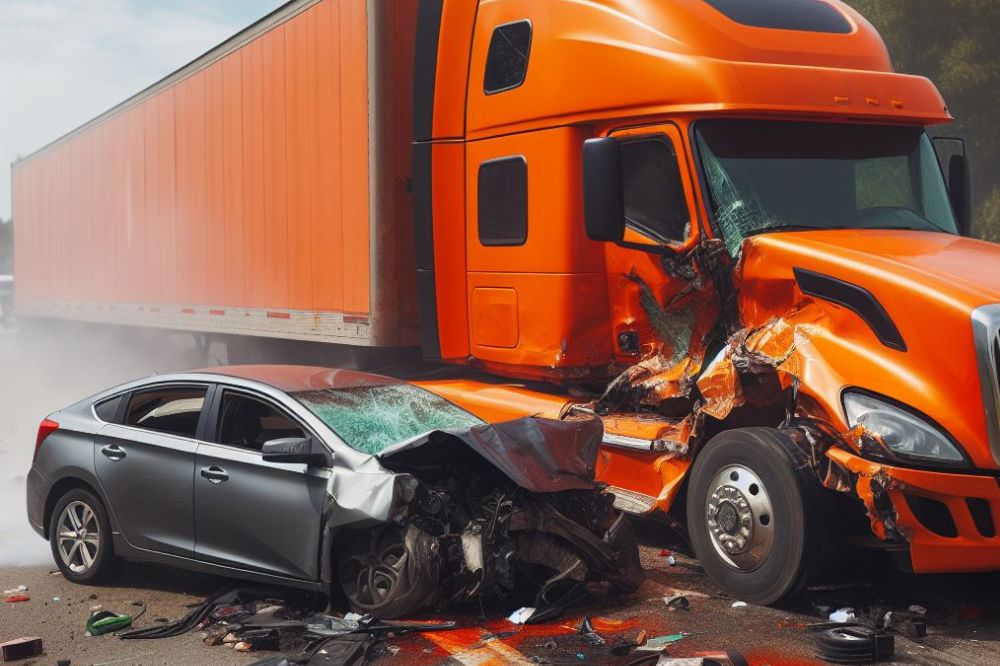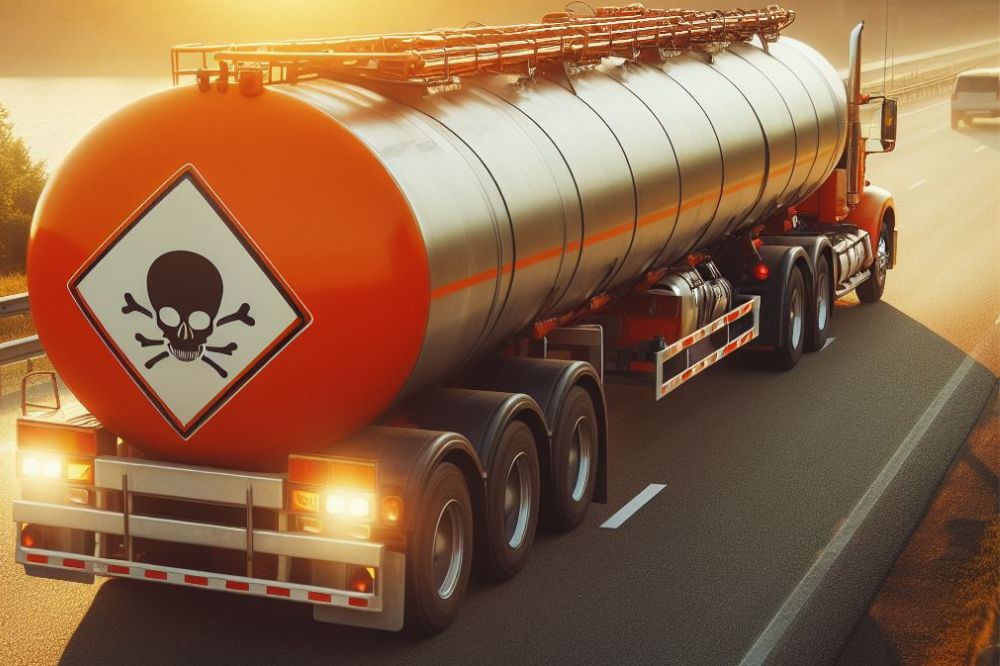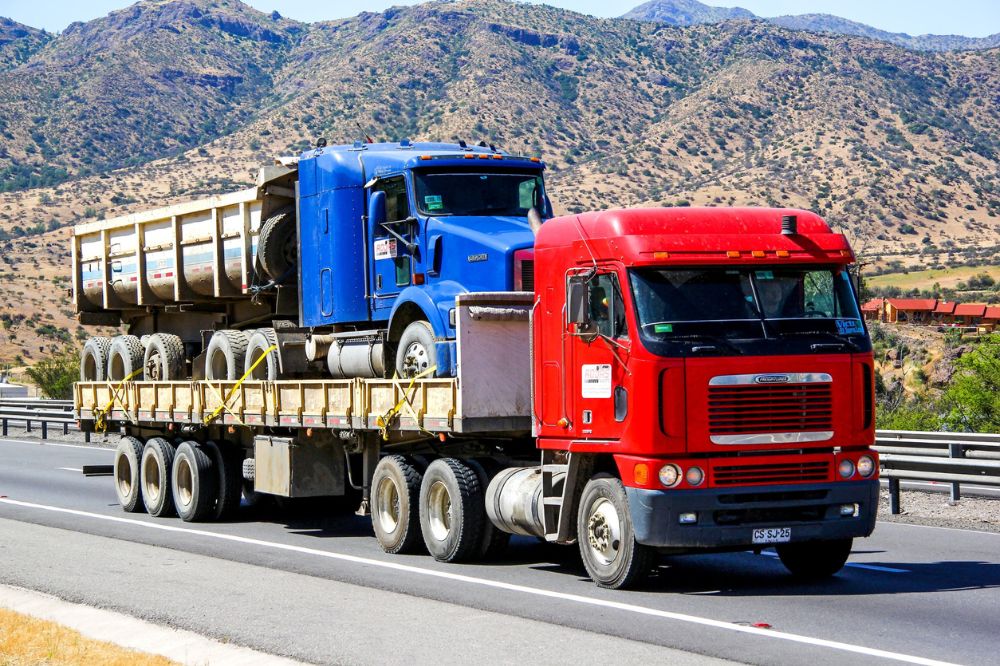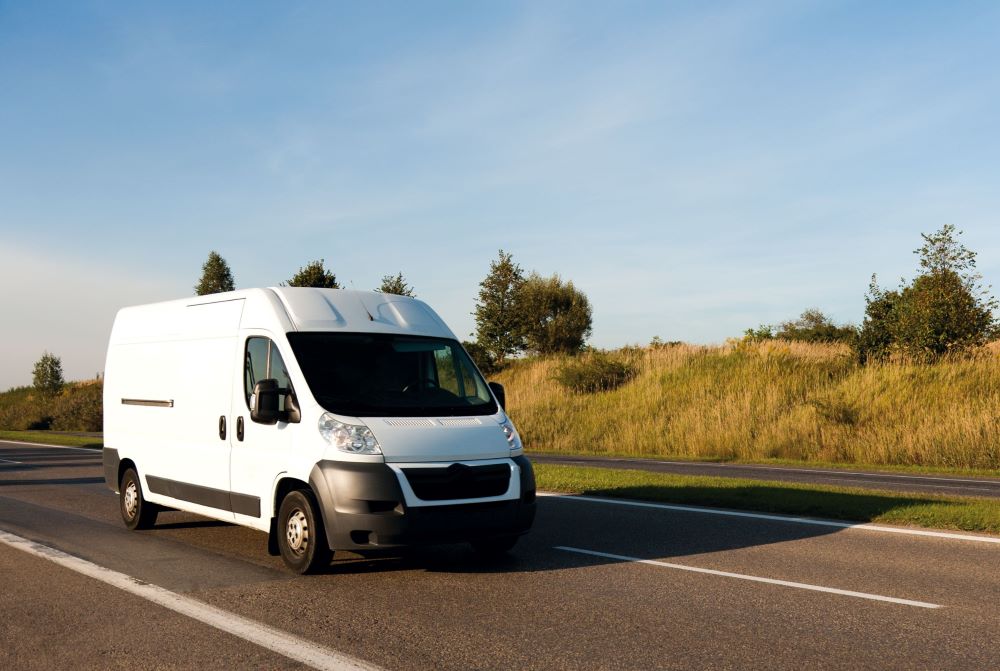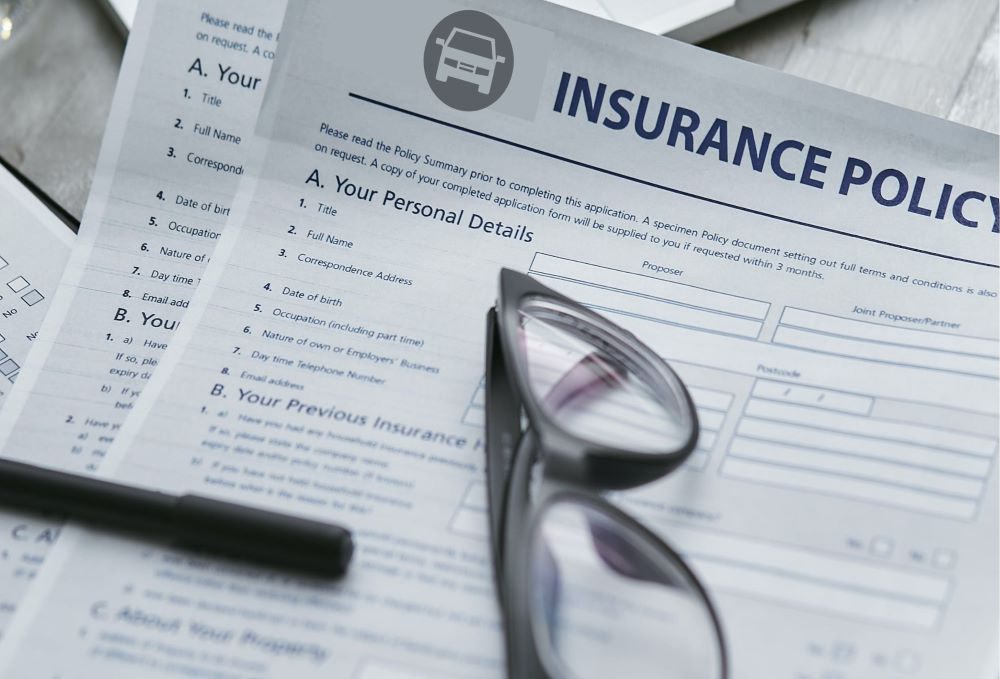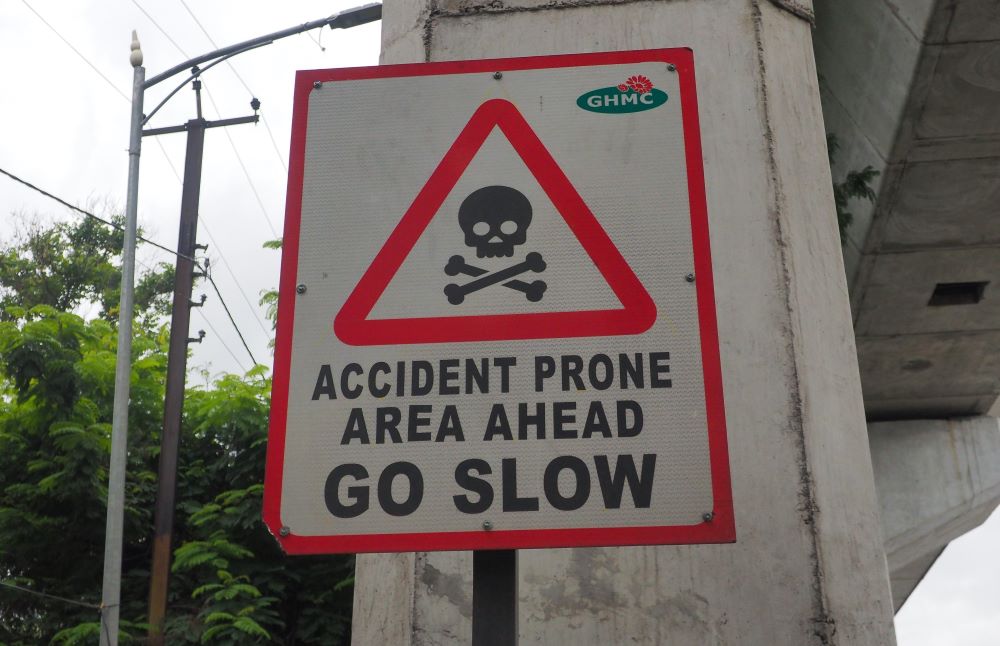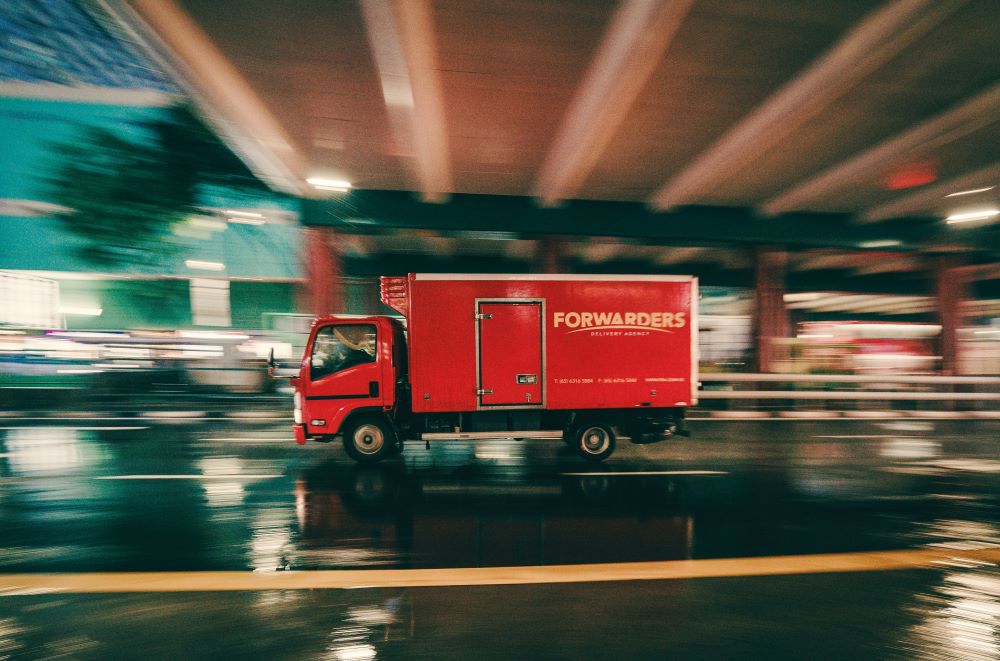
Box trucks are a pillar of the transportation industry. They pick up where rail and truck-trailer transport leave off, delivering essential materials and goods to homes and other locations across cities or towns.
If you rely on box trucks for business operations, you require commercial box truck insurance to protect your company assets from frequent short-haul box trucking risks. This type of truck insurance coverage will secure your business in a way a standard commercial auto insurance policy won’t.
Here’s everything you need to know about commercial box truck insurance to protect your business and thrive long term.
What is Box Truck Insurance?
Box truck insurance is a commercial auto insurance for companies that conduct business operations using box or straight trucks, i.e. trucks with enclosed cuboid-shaped cargo areas.
It covers several risks that come with the constant movement of your trucks to and from warehouses, depots, and other distribution centers.
With the right box truck insurance coverages, you can protect your trucks, their drivers, and the cargo you haul on and off-road. This safeguards your entire business from financial losses due to lawsuits if any of your box truck drivers cause an accident since your insurance provider will help pay for:
- All bodily injury and property damage claims (up to your policy limit)
- Losses from unexpected incidents, like vandalism, theft, and natural disasters
- Your legal fees throughout the settlement claim cases (separate from your policy amount)
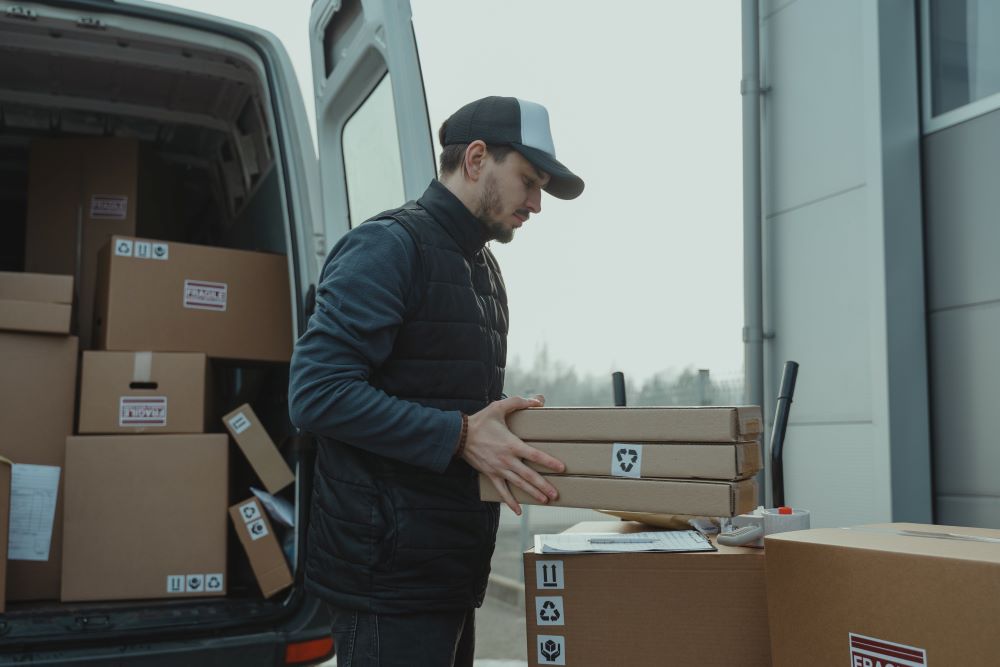
Types of Box Trucks
Box trucks come in different shapes and sizes based on their uses. Some common types include the following:
Parcel Vans
Because they are used for delivery services, parcel vans have multiple compartments for transporting different packages safely.
Dry Vans
The most popular type of box truck, dry vans transport a range of cargo that doesn’t require specialized handling or temperature control. They have features for loading and unloading cargo and, thus, are essential assets in the manufacturing and retail industry.
Refrigerated Trucks
Unlike dry vans, refrigerated trucks have cooling systems for transporting perishable goods. The refrigerated section maintains a controlled temperature to prevent spoilage. These trucks benefit the food, pharmaceuticals, and floral distribution industries.
Straight Trucks
Box truck insurance covers straight trucks, even though they don’t fall under the box trucks category per se. These trucks have one compartment for the driver and cargo. Most commercial truck business owners use them for delivery and moving services.
Businesses That Need Box Truck Insurance
All businesses that use box trucks for business need box truck insurance to safeguard their assets, business operations, and overall financial well-being. A few examples of these businesses include:
- Retail shipping companies
- Delivery services
- Moving companies
- Catering services
- Construction and contracting companies
- Landscaping and maintenance companies
- Manufacturing companies
- Wholesalers
- Waste collection and disposal
- Courier services
Box Truck Insurance Coverages
A box truck insurance policy can have various coverage options, including:
Cargo Insurance
Cargo insurance covers the value of the goods you haul if anything happens to them during transportation. You’ll never have to worry if the cargo you’re hauling gets damaged or stolen in transit.
Comprehensive Coverage
Comprehensive coverage pays for your trucks’ repairs or replacement if they get damaged in non-collision incidents. These incidents may be natural disasters, fires, theft, vandalism, etc.
Collision Coverage
Collision insurance covers repair or replacement costs if your box trucks collide with other vehicles or hit objects like poles or walls.
Property Damage Liability
If you or your truck drivers cause an auto accident and damage other people’s property, your property damage liability coverage kicks in to pay for the damages.
This type of liability insurance covers repairs for the vehicles involved in the accident and any damaged buildings nearby. If the vehicles get damaged beyond repair, your insurer covers replacement costs.
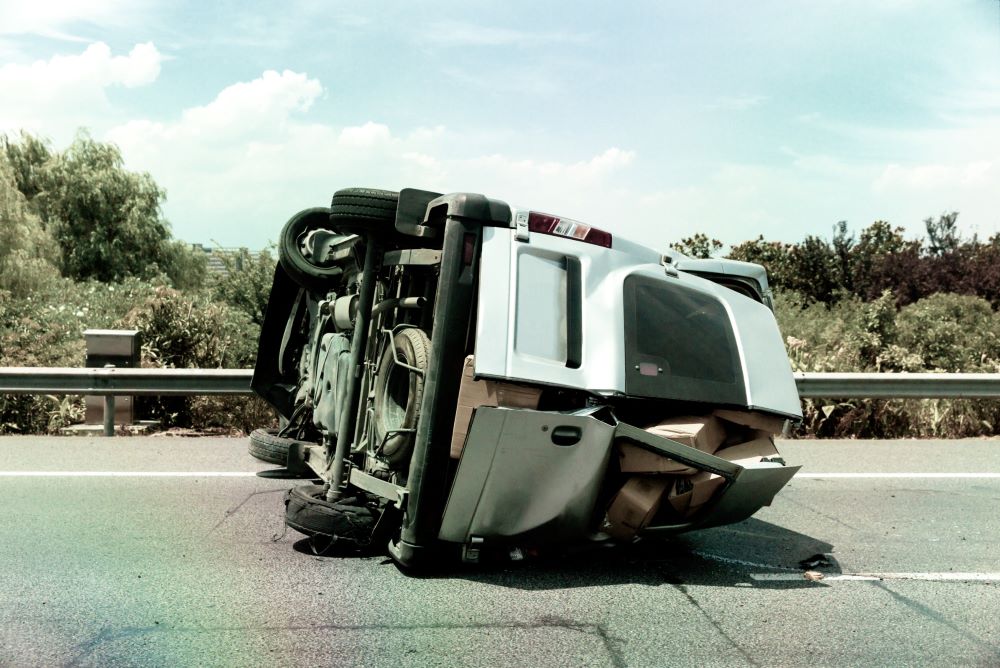
Bodily Injury Liability
Bodily injury liability insurance pays the medical bills of injured victims in an accident where you or your truck drivers are at fault. Apart from compensation for victims’ bodily injuries, this insurance covers funeral expenses if the accident leads to fatalities.
Bodily injury and property damage liability coverage is mandatory for all truck business owners. Several state laws dictate how much your minimum coverage limits for both types of coverage should be.
Also, there are more coverage options for box trucks you ought to consider, especially if you are an independent trucker with your own trucking business. Some of these include:
- Unattended truck coverage. Adding unattended truck coverage protects your box truck when you’re resting during a long-haul trip.
- Trailer interchange – trailer insurance protects exchanged trailers after a trailer interchange service.
- Accessories coverage – covers truckers who carry expensive extra accessories or equipment that can get damaged in an accident.
Choose The Right Box Truck Insurance For Your Business
Different insurance companies offer various box truck commercial insurance policies at different rates. Follow these steps to find the right insurance for your business:
- Evaluate your business needs by considering current and future goals and your budget.
- Research top insurance firms that align with your needs, focusing on the top 3 to 5 options. Our guide on the best insurance choices for commercial truckers might help you here.
- Request quotes from these top firms and compare them based on insurance cost, customer service, and claims handling.
Assess each company’s box truck insurance cost, customer service, and how it handles claims when comparing quotes from multiple insurance providers. Learn more about this in our article on commercial truck insurance for small businesses.

Final Thoughts
Finding the right box truck insurance policy requires effort, but it’s a long-term investment worth your time.
You can seek the help of qualified commercial truck insurance agents or brokers to make the process easier. The best insurance brokers will help you find the most fitting policies for your business fast and assist in handling claims when necessary.
If you ever need financing to repair or replace your truck after an accident, reach out to us. At Mission Financial Services we offer several commercial vehicle loans and can customize our loan packages to your situation to help you get back to business sooner.

